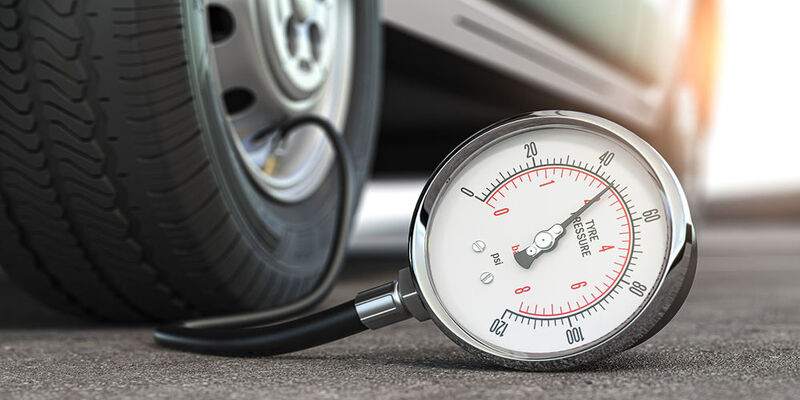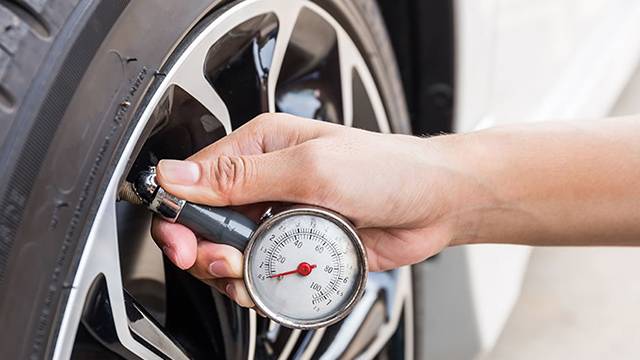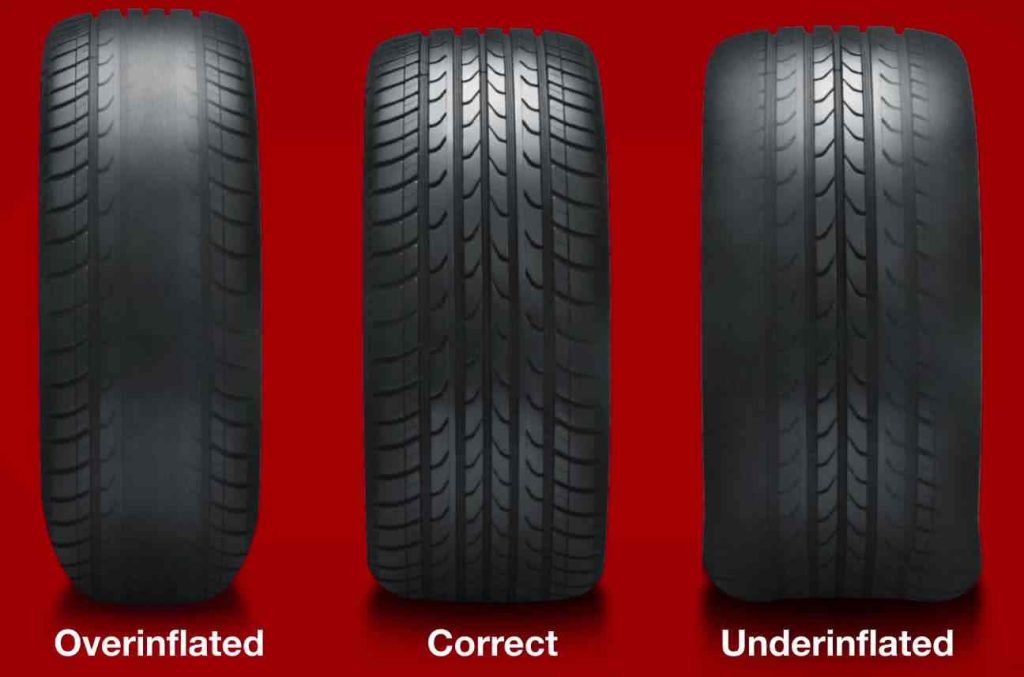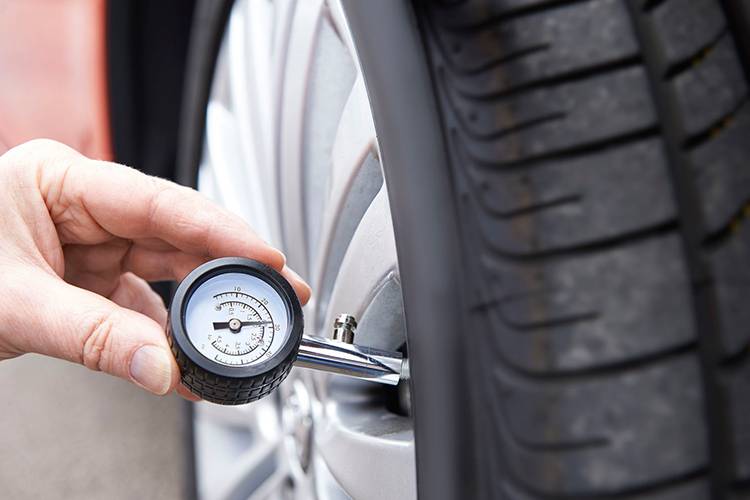When we talk about maintaining a car, there are several important parts that need to be kept in good working condition for better use. One of the most critical components of a car is its tyres. Tyres are the only part of the car that is touched by the road.
They play a vital role in ensuring your safety. Proper tyre maintenance involves checking the tyre’s air pressure regularly. But have you ever wondered whether the weather affects tyre air pressure. In this article, we will explore this query and provide some valuable insights.
Weather Affect Tyre Air Pressure
Before we delve into the effects of weather on tyre air pressure, it is essential to understand what tyre air pressure is and why it matters.
Tyre Air Pressure
The quantity of air in a tyre is known as tyre air pressure. It is measured in pounds per square inch (PSI). Maintaining the proper tyre air pressure is crucial for several reasons.
It affects the handling and performance of the car. If the tyre pressure is too low or too high, it can impact the car’s acceleration and braking ability. Maintaining the correct tyre pressure is vital for your safety. Tyres that are underinflated or overinflated are more prone to blowouts and can lead to accidents.
How Does Weather Affect Tyre Air Pressure
Weather does affect tyre air pressure. Changes in temperature and humidity can cause the air in the tyres to expand or contract. During summers when the temperature is high, the air in the tyres expands which is leading to an increase in tyre pressure.
Conversely, during winters when the temperature is low the air in the tyres contracts and leading to a decrease in tyre pressure.
Another factor that can impact tyre air pressure is altitude. As you drive up to higher altitudes the atmospheric pressure decreases. It can lead to a drop in tyre pressure. This is why it is essential to check the tyre pressure regularly. Especially when travelling long distances.
How to Maintain the Correct Tyre Air Pressure
Now that we know that weather can affect tyre air pressure let’s look at some ways to maintain the correct tyre air pressure. The first step is to check the tyre pressure regularly, ideally once a month.
You can check the tyre pressure using a tyre pressure gauge, which is available at most auto parts stores. The ideal tyre pressure for your car can be found in the owner’s manual or on the sticker inside the driver’s side door jamb.
When checking the tyre pressure make sure the tyres are cold. Heat can affect the readings. You can also use the recommended tyre pressure to adjust the tyre air pressure to the correct level.
Conclusion
Weather does affect tyre air pressure. Changes in temperature, humidity, and altitude can cause the air in the tyres to expand or contract. Maintaining the correct tyre air pressure is vital for your safety and the proper functioning of the car.
By checking the tyre pressure regularly and adjusting it to the recommended level you can ensure that your car’s tyres are in good working condition. We hope this article will help you to maintain the tyre pressure of your car.
FAQs
How often should I check my tyre pressure?
It is recommended to check your tyre pressure at least once a month or before embarking on a long journey.
Can overinflated tyres affect my car’s fuel efficiency?
Overinflated tyres can lead to decreased fuel efficiency as they increase rolling resistance and reduce the contact patch between the tyre and the road.
Can I use the same tyre pressure for all my tyres?
No, the tyre pressure may differ based on the make and model of your car. The recommended tyre pressure can be found in the owner’s manual or on the sticker inside the driver’s side door jamb.
Can underinflate tyres affect my car’s handling?
Underinflated tyres can affect the handling of the car as they increase rolling resistance and reduce the contact patch between the tyre and the road, which can impact the car’s acceleration, braking, and steering ability.
Can overinflated tyres lead to tyre blowouts?
Overinflated tyres can lead to tyre blowouts as they increase the stress on the tyre and can cause it to fail. It is essential to maintain the recommended tyre pressure to ensure the safety of the passengers and the proper functioning of the car.



